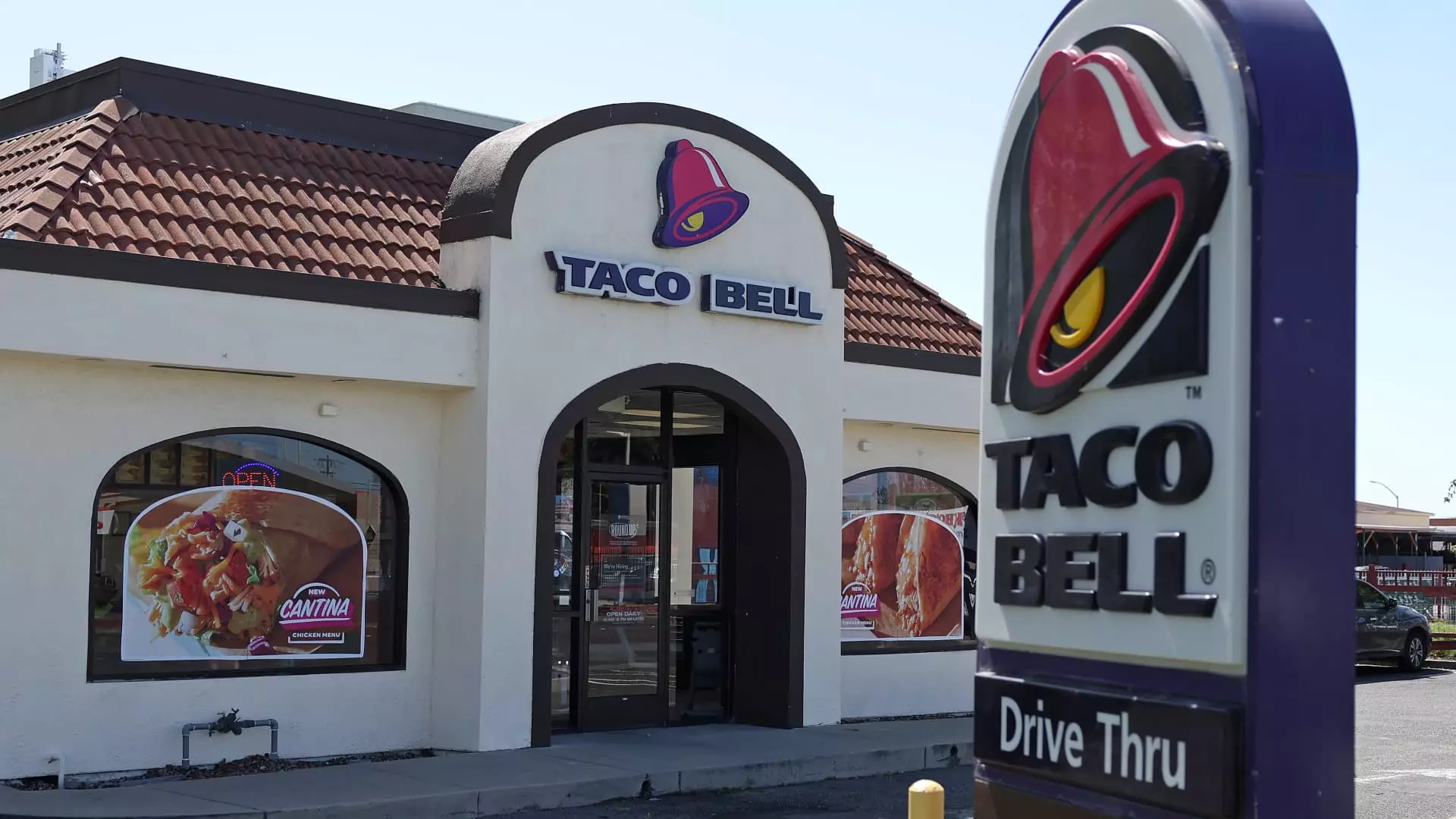The recent E. coli outbreak purportedly linked to McDonald’s menu items has initiated significant caution and preventive measures among prominent fast-food chains, including Burger King and Yum Brands, the parent company of Taco Bell, KFC, and Pizza Hut. This situation illustrates the critical importance of food safety within the fast-food industry, where public trust can be fragile and quickly eroded.
Following news of the E. coli outbreak, Yum Brands announced the removal of fresh onions from several of its restaurants, emphasizing an abundance of caution. A spokesperson for the company highlighted their commitment to monitoring the situation closely and cooperating with suppliers and public health authorities to maintain the safety and quality of their offerings. However, the exact number of affected locations has not been disclosed, leaving some unanswered questions regarding the extent of the measures taken.
Simultaneously, Burger King, under the ownership of Restaurant Brands International, has reported pulling onions from approximately 5% of its U.S. locations after determining that the onions in question originated from a facility linked to the outbreak. This decision, made despite no direct contact from health officials, underscores the chain’s commitment to consumer safety, reflecting a proactive approach that many would argue is necessary in the fast-food industry.
Central to the unfolding event is Taylor Farms, the supplier implicated in the outbreak. The company’s practices are under scrutiny, as it also supplies products to other platforms such as U.S. Foods, which commenced a recall for several onion products. The lack of a timely response from Taylor Farms raises concerns about accountability in the supply chain. Such incidents highlight the challenges of maintaining rigorous safety standards across an extensive network of suppliers, a consideration that should weigh heavily on fast-food corporations striving for credibility.
As consumers grow increasingly informed about the quality and safety of their food, the importance of transparency in the supply chain cannot be overstated. Fast-food chains must not only monitor supplier practices but also actively communicate with their guests about potential risks and the steps taken to mitigate them. This transparency is vital for rebuilding and maintaining customer trust.
The outbreak, which has tragically resulted in one death and 49 confirmed cases of E. coli across ten states, serves as a stark reminder of the vulnerabilities inherent within the food service sector. The Centers for Disease Control and Prevention (CDC) is actively investigating the source, focusing on both the fresh beef patties and slivered onions used in McDonald’s Quarter Pounder burgers.
The implications for consumer behavior are profound; public health scares can lead to a significant decline in foot traffic for affected restaurants. As seen in McDonald’s case, when the company proactively removed Quarter Pounders from about 20% of its locations, it demonstrated a responsible approach aimed at protecting its customers. Nevertheless, such moves can lead to substantial economic ramifications, necessitating careful navigation of food safety issues.
The ongoing E. coli outbreak illustrates the complex dynamics of food safety within the fast-food industry. In an environment where consumer health is paramount, companies like Burger King and Yum Brands must remain vigilant, adapting their practices to protect customers and uphold their reputations. As public scrutiny of food safety continues to intensify, it is imperative for these restaurants to foster a culture of accountability, enhancing supplier oversight and prioritizing transparency in their supply chains.
In the face of adversity, the industry’s response to health scares will not only shape consumer perceptions but also lay the foundation for future operational protocols. As stakeholders in the food service industry reflect on these events, it becomes crucial to foster an unwavering commitment to food safety and quality, ensuring the well-being of consumers remains the top priority.

